Should Zimbabwe rethink her public financing model of political parties?

The clock is ticking for Zimbabwe’s next general elections which are anticipated to be conducted either in July or August 2023. The main political parties have started preparing for the country’s general elections as they hold rallies and campaign activities in cities and towns to whip up their bases.
The Zimbabwe African National Union-Patriotic Front (ZANU-PF) which has been in power since 1980, is set to face a stiff challenge from the new opposition political force called the Citizens Coalition for Change Party (CCC, Triple C) which was formed in 2022. The Triple C was birthed from formerly, Movement for Democratic Change Alliance (MDC-A) that split from Movement for Democratic Change- Tsvangirai (MDC‑T) as a result of the fratricidal leadership struggle.
Will the Citizens Coalition for Change Party (CCC) however be in position to effectively compete against ZANU-PF and MDC-T in the next general elections after losing access to the party assets and finances due to its break away and rebrand from MDC‑A.
The current Zimbabwe Political Parties (finance) Act 2001, only guarantees political parties that garner at least five per cent of the total number of votes cast in the most recent general election to benefit from public funding of which only ZANU-PF and MDC are eligible.
In 2022, government of Zimbabwe released $500 million Zimbabwean dollars to political parties in respect of the year beginning 1st January 2022 and ending 31st December 2022. This money was shared among ZANU-PF and MDC based on the total number of votes they garnered.
The money as published in an Extraordinary Government Gazette Vol, XCX No. 10 dated 25 January 2022 was disbursed as follows:
- Three hundred and fifty million, one hundred and fifty thousand Zimbabwean dollars (ZW$350,150,000.00) shall be paid to the Zimbabwe African National Union (Patriotic Front) Zanu PF, which received 70.03% of votes cast.
- One hundred and forty-nine million, eight hundred and fifty thousand Zimbabwean dollars (ZW$149,850,000) shall be paid to the Movement for Democratic Change (MDC), which received 29.97% of the total votes cast.
SecretsKnown was informed by the Zimbabwe Election Support Network that, “only ZANU PF and the MDC have been beneficiaries of party funding under this formula for a long time. Often the smaller parties complain about their exclusion from funding; they argue that unless they get funding, they will not perform well in elections”.
The current Political Parties (Finance) Act 2001 under section 6(1) bans political parties from receiving foreign donations stipulates that:
“No political party, member of a political party or candidate shall accept any foreign donation, whether directly from the donor or indirectly through a third person.”
Unlike ZANU-PF and MDC, other political parties that do not benefit from public funding are likely to find it very difficult to effectively compete in the upcoming general elections due to the financial disparity. This was the same case in the 2018 general elections as noted in the EU EOM report on Zimbabwe 2018 general elections which stated that ‘there was a huge disparity in campaign financing and, ZANU-PF dominated all forms of campaigning across the country, including through billboards, posters, distribution of regalia, rallies and road”.
The effect from such funding disparity is that, it is virtually impossible for other political parties to gain any foothold. The practical effect of the funding system is that the major parties will continue domineering over others.
Although Zimbabwe has a Political party (Finance) Act 2001 which prohibits foreign funding, the same act is silent over the permissible amount a party or candidate can receive from local donors and also lacks disclosure provisions on private funding. The African Union Election Observation Mission report on 2018 Zimbabwe general elections too, highlighted this pointing out that “while the Political Parties (Finance) Act 2001 provides for the promulgation of regulations,… the Act fails to impose reasonable limitations on private contributions, it also did not provide for disclosure of private funding and expenditure. This limitation did not ensure transparency in the process or contribute to level the playing field during campaign activities, which the law was supposed to foster”.
Political parties are renowned as nursery beds that nurture political leaders, who often take up positions in government. SecretsKnown believes that it’s high time for Zimbabwe to rethink its current political financing model for the betterment of the democratization process in the country.


